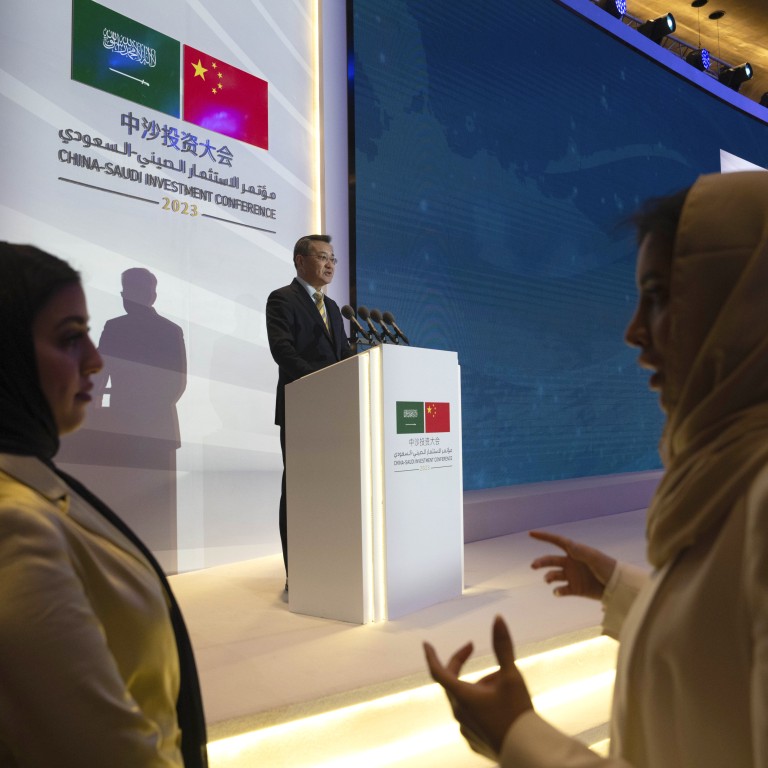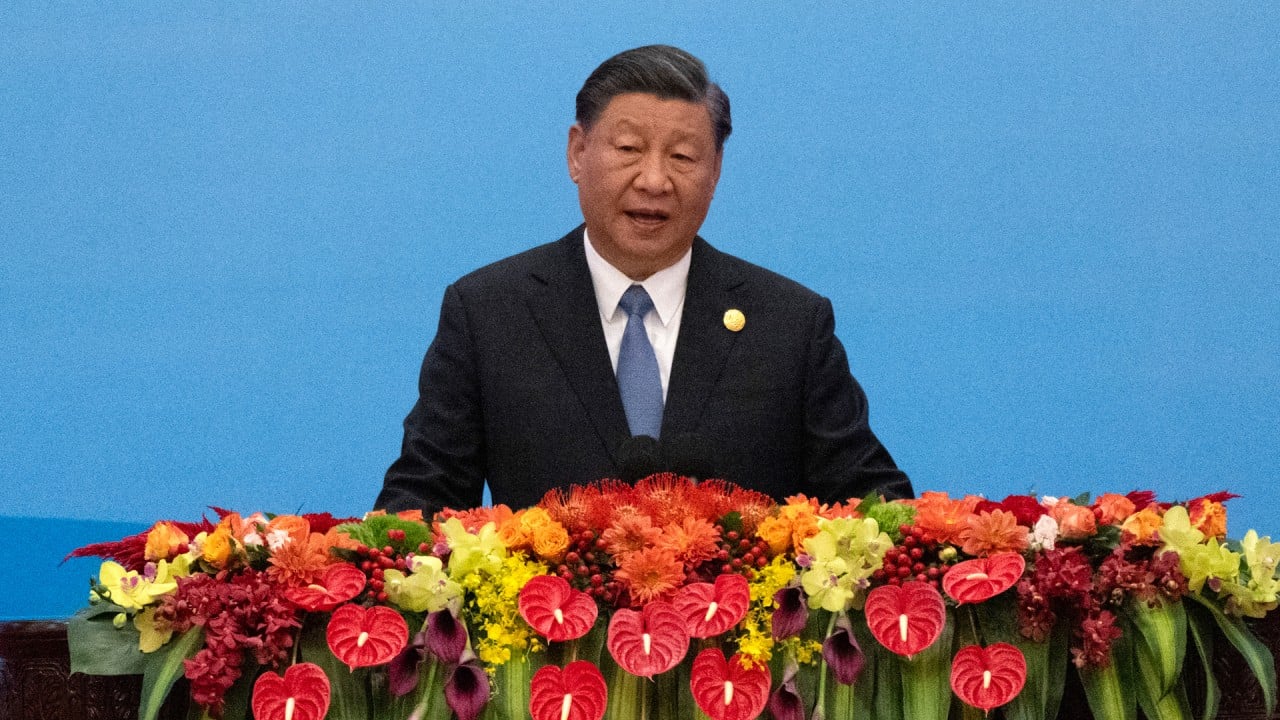
West is fighting futile war against global trade’s inevitable shift east
- While certain countries are trying to entrench the current world order, there is a vast transition taking place that will alter the global balance of power and efforts to stop it are akin to putting a finger in the proverbial dyke
This involves developments on the Eurasian continent, which in turn reflect fundamental changes in the direction and dynamics of world trade. It is an epoch-making transition that is likely to alter the global balance of power.
Such transitions are not easy to discern when seen up close, but the approach of a new year is a good time to step back and take stock of what is happening. We might need to stand back a long way to get things into perspective.
As Kent Calder of Johns Hopkins University argued in his book The New Continentalism, the New Silk Road will strengthen the multifaceted relationship between East Asia, the Middle East and Europe to emerge eventually as one of the world’s most important multilateral configurations.
According to the Gavekal report, the next decade “will see the broader Eurasian continent integrated as an economic whole. In that spirit, hardly a month goes by without the announcement of some new road, railway, canal or free-trade deal linking the economies of the Istanbul-to-Jakarta axis.”
All this does suggest that the centre of gravity for global commerce and industry has shifted, if not irrevocably then perhaps for the coming centuries. It also suggests that defensive attempts by Western nations to turn back the tide are akin to putting a finger in the proverbial dyke.
Amid US-China rivalry, Vietnam’s sweet spot diplomacy is a master class
Meanwhile, the trade-driven dynamic of change that has already unfolded or is in the process of unfolding is much stronger than the forces of political and nationalistic opposition that are attempting to thwart it. Those behind such opposition do not understand the strength and historical inevitability of the forces they are dealing with, any more than the Ottomans did.
Meanwhile, the futility and small mindedness of East-versus-West thinking is blinding us to the existential challenges posed to the overall sphere – Planet Earth – by climate change and other environmental damage.
If wishing the world a happy, healthy and prosperous new year is to have any real meaning, the wish has to be predicated on an acknowledgement by world leaders of the futility of our current course. New Year’s resolutions are, to quote Shakespeare, often honoured more in the breach than the observance, but they can and must be made and kept in 2024.
Anthony Rowley is a veteran journalist specialising in Asian economic and financial affairs


